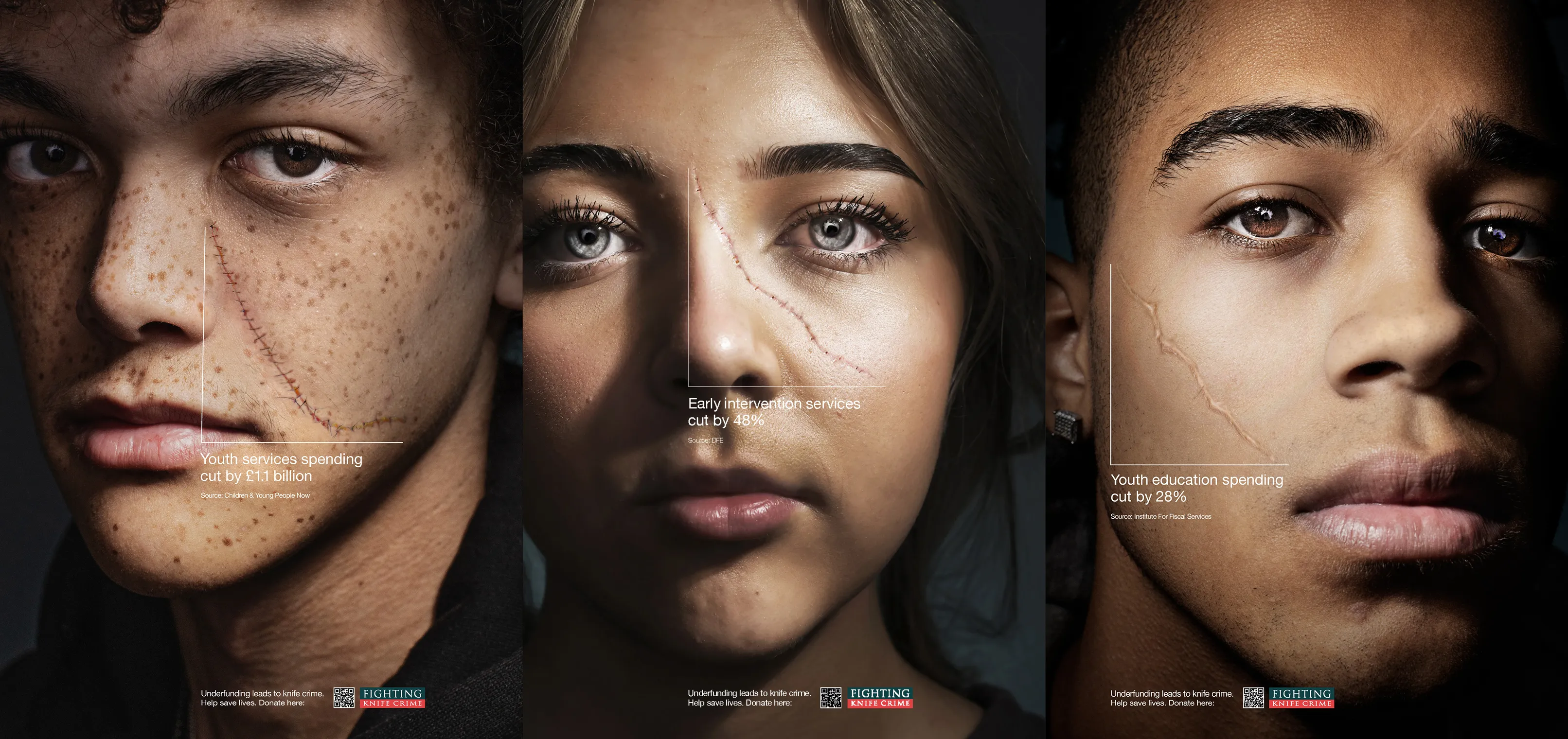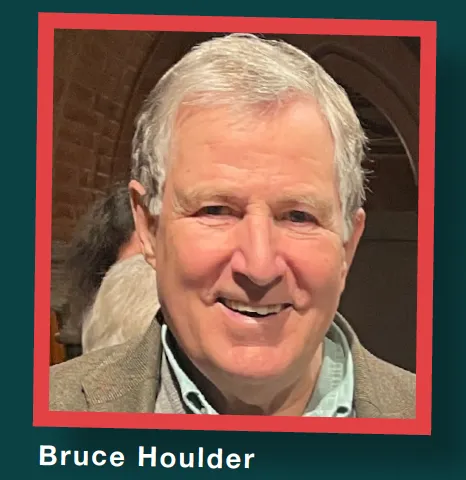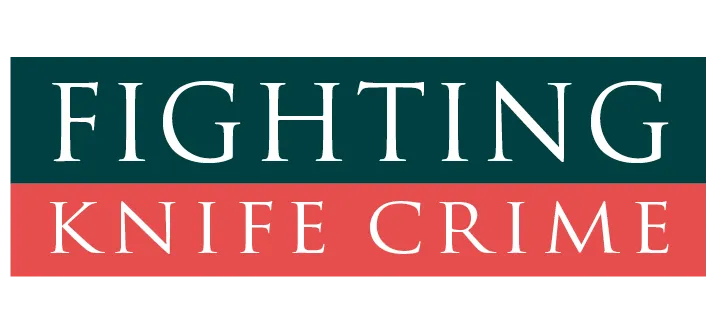
This is the 13th Issue of our quarterly magazine. Thank you to all who are subscribers and contributors to this free series of articles by those in the front line of change, and who have expressed an interest in sharing the work they do with others.
An update on the ‘Coalition on Knife Crime’
As you would expect FKCL has maintained close contact with the Home Office and have been provided with an update on progress of the Prime Minister’s new ‘Coalition on Knife Crime’. The answers to the questions I have asked are not exactly informative, but perhaps this is to be expected given the current workload in Downing Street. Significantly we are given no specific timeline for the actual launch of this initiative, but I sense it will not be long delayed. Like most of you who read our magazine, we want very much to support this new initiative. I assume we will all be told when we know the plan of action they propose, and the process we need to follow to influence change and help those who are to drive the work of the coalition forward. It should not be an exclusive group, but rather the servant of the national community working to bring effective change to the life chances of our young people.
The Home Office have written to tell me the following as at 24th October.
∙ The coalition has not yet formally launched. We expect to progress this in due course and will keep stakeholders updated.
∙ The initial meeting of this group was a Roundtable to signal the government’s intent to launch a coalition to tackle knife crime.
∙ There are no publicly available documents pertaining to the knife crime coalition at this time.
It is important that those working in the sector know who the multi-disciplinary members of this coalition are, as well as any terms of reference under which they will operate and convene. It is also important to know a little about the kinds of decisions they will make, how they will be carried into action in a verifiable way, and how we may all feed into this work via a central secretariat or by writing to the relevant member of the coalition. At FKCL we want to help in a small way to make this coalition the very best it can be. We hope that the process of collaboration will be as simple and inclusive as possible. The Government’s present statement is here.
Our 13th Issue
Now to this issue. We have some exciting content. Our authors are all listed in our content page.
There is a contribution from the excellent Ben Kinsella Trust about the multi-faceted approach required to keep young people safe. We hear from The AP Foundation about their groundbreaking “Who’s Next” campaign which is their imaginative response to this crisis. The central questions that are addressed are “Who’s next to be stabbed? Who’s next to be killed? Who’s next to receive a life sentence?”. The answers are as uncomfortable as the solutions
are urgent.
We learn much from Future First about the value to students of everyone working together to change the status quo, build networks and supportive systems in schools and everywhere young people congregate. The social enterprise Head Held High teaches us the value of highly interactive workshops and programmes to help young people at risk of exclusion and/or affiliation with knife crime. It is well worth a read.
The reality of Restorative Justice is brought to life by an experienced practitioner from Hammersmith and Fulham, and how valuable that can be as an alternative to a formal sentencing process, and all the damage that can do to a person’s life chances. The alternative demonstrated by this piece shows us what life-changing and rewarding work Restorative practice can be.
Finally, we also have an important of announcements and ideas from Make it Stop. This is an ambitious joined-up project best explained by reading the article. Make It Stop is intended to be a nationwide campaign but as you will learn they are focusing initial efforts on the London boroughs of Lambeth and Southwark.
Our New Poster Campaign
Many of you will by now have seen the posters around London, one of which also appears on our front cover, which draw attention to the damage done by knives and the related cuts to our youth support services in every area. They are deliberately hard-hitting, and we thought long and hard about using such images. They connect in a direct visual way with the message about government cuts of course, and after a great deal of thought, and some consultation ,we decided that they were both acceptable and thought-provoking images for a campaign of this kind.
All designs and creative energy should be credited to TBWA\MCR and their committed team, who have launched this campaign at their own expense, as like us they feel so strongly about the cuts inflicted on youth services and young people.
The creative has honed-in on the insight that ‘more cuts lead to more cuts’.
The Billboard campaign has three variations, each with an extreme close-up of the face of a young person depicted as a victim of knife crime plus a strapline highlighting an area of youth services funding that has been cut.
Each poster has a call to action
In a Press release put out on behalf of TBWA/MCR, Bruce Houlder, the founder of Fighting Knife Crime London, said: “It has never been more important for communities to come together, to cut knife crime from our streets, and return hope through the power of genuine collaboration.
“This powerful poster campaign is the brainchild of TBWA\MCR. Fighting Knife Crime London is honoured to join with them to bring the widest range of information resources and guidance to all who want or may need help.”
Lisa Nichols, Executive Creative Director, TBWA\MCR, said: “A shocking decline in government spending on local policing, youth services, youth clubs, after school activities, and reduced mental health support, has all impacted the rise in knife crime numbers.
“Our aim with this campaign is to show that this decline has a very real human cost. We wanted to put a face to the statistics. We are proud to have produced this work for an organisation like Fighting Knife Crime, who work hard to reduce knife crime in the UK to stop young people becoming a fatal statistic.”
The campaign runs on 48 sites in and around London from October 23rd and will be supported on social channels.
The images are by David Boni Photography and media was planned by Build Hollywood.

Bruce Houlder, Founder of Fighting Knife Crime London (FKCL)
www.fightingknifecrime.london
